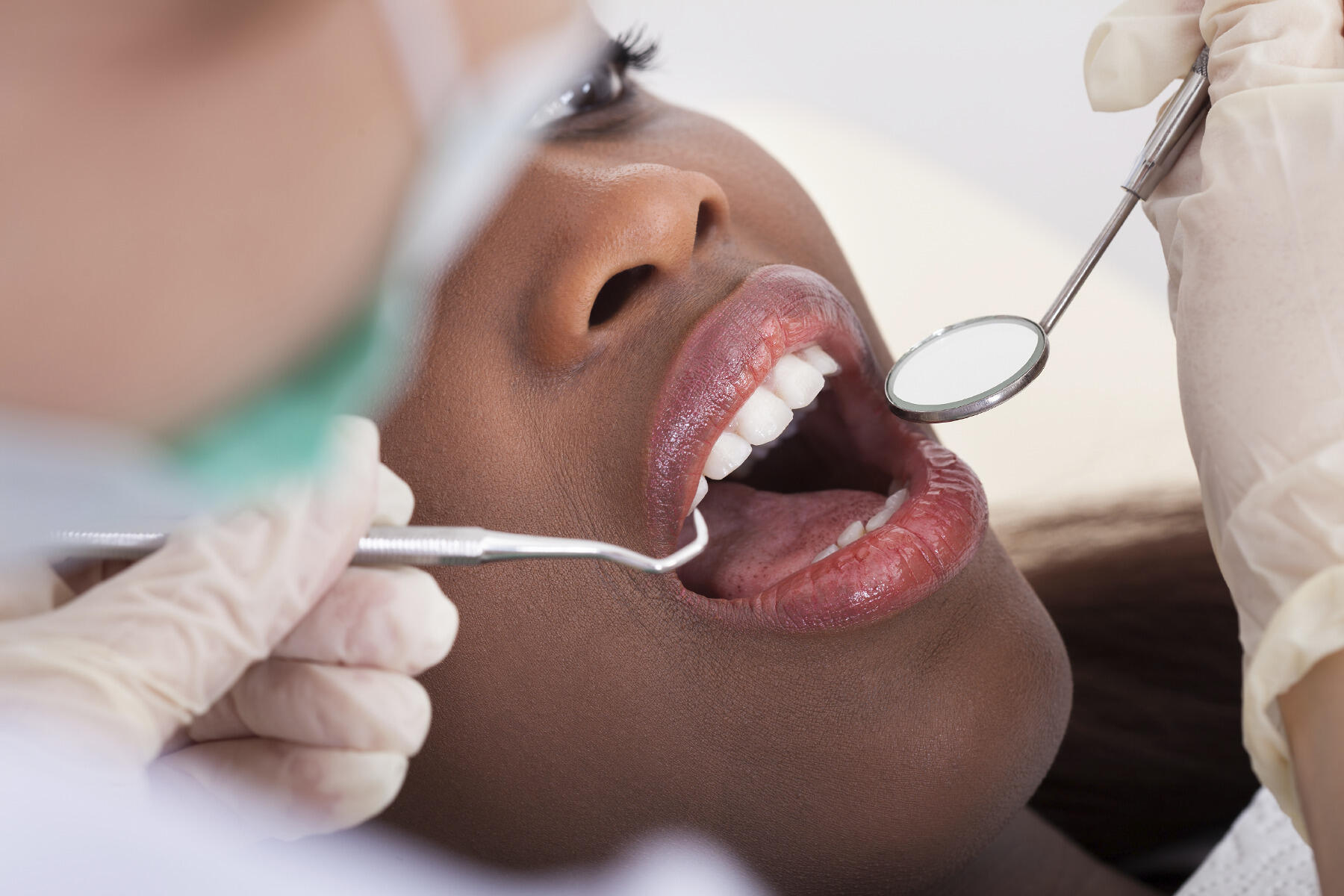April 13, 2016
VCU School of Dentistry oral cancer expert answers questions in Twitter chat
Share this story
While smoking and tobacco use continue to be major risk factors for oral cancer, young, healthy, nonsmoking individuals comprise the disease’s fastest growing segment of patients due to its connection to the HPV virus.
About 48,000 Americans will be diagnosed with oral cancer this year, according to the Oral Cancer Foundation, and of those individuals only slightly more than half will be alive in five years. Historically the death rate associated with oral cancer is particularly high not because it is difficult to diagnose, but due to the cancer being routinely discovered late in its development.
“Lack of awareness appears to be a key reason for late diagnosis,” said Jaisri Thoppay, D.D.S., assistant professor of oral medicine and orofacial pain in the Department of Oral and Maxillofacial Surgery in the Virginia Commonwealth University School of Dentistry.
In recognition of April being Oral Cancer Awareness Month, Thoppay answered questions about the disease during a VCU Health Twitter chat on April 6. During the chat, she discussed risk factors for oral cancer, screening procedures and more.
VCU Dental Care will host a free oral, head and neck cancer screening event on April 23 from 10 a.m. to 1 p.m. at the Lyons Dental Building, 520 N. 12th St. During the screening, which is open to the public, VCU School of Dentistry students and faculty will collect key medical and social histories that target predisposing conditions for oral, head and neck cancers. A thorough head and neck exam will also be provided.

Below are Thoppay’s replies to some of the questions raised on Twitter.
What is oral cancer and how common is it?
Oral cancers are part of a group of head and neck cancers. They constitute about 85 percent of all head and neck cancers. In the U.S., head and neck cancer accounts for 5 percent of all cancers and approximately 3 percent of all cancer deaths
How can someone know if they are at risk?
Although oral cancer has a multifaceted cause, tobacco use and alcohol consumption are widely thought to be its major risk factors. Other factors include prevalence of premalignant conditions, poor nutrition, viruses and, in certain populations, increased sun exposure. Dental factors include poor oral hygiene, improperly fitting dental prostheses, defective dental restorations and misaligned or sharp teeth. About 7 percent of patients do get oral cancer without any identified risk factors.
Who can offer oral, head and neck cancer screenings?
Screening for oral cancer may be done during a routine check-up by a dentist or medical doctor.
Who should have an oral, head and neck cancer screening?
Everybody should have an oral, head and neck cancer screening.
What does an oral, head and neck cancer screening involve?
The screening will include a review of medical history, tobacco use and alcohol or substance use. A thorough head and neck exam will include looking for any abnormal presentations.
How long will it take to get screened?
A thorough, systematic examination of the mouth and neck will only take a few minutes.
One of the dangers of this cancer is that in its early stages, it can go unnoticed, as it can be painless.
What is the likelihood of developing oral cancer?
Anyone can get oral cancer. However, risk factors such as tobacco and alcohol use may increase your likelihood of developing the disease.
Can a mouth sore lead to oral cancer?
One of the dangers of this cancer is that in its early stages, it can go unnoticed, as it can be painless. It may appear as a white or red patch of tissue in the mouth, or a small indurated ulcer that looks like a canker sore. If such sore does not show signs of healing or heal within 14 days, it needs to be looked at by a medical professional.
What are free oral, head and neck cancer screening events?
Often screening tests are given when one does not have any cancer symptoms. Oral cancers are mostly symptom free in early stages, so preventative screening facilitates early detection. These events facilitate risk assessment and also create awareness in the community.
What is the next step if one has a suspicious sore in their mouth?
If one has a suspicious sore in their mouth, they can address the issue with a dentist or medical professional. The professional can do a risk assessment, perform a head and neck exam and take a tissue sample from the sore for diagnosis. Oral cancer is treated the same as other cancers, with surgery to remove the growth and radiation and/or chemotherapy to destroy the remaining cancer. Early detection may simplify these steps.
Subscribe for free to the weekly VCU News email newsletter at http://newsletter.news.vcu.edu/ and receive a selection of stories, videos, photos, news clips and event listings in your inbox every Thursday.
Subscribe to VCU News
Subscribe to VCU News at newsletter.vcu.edu and receive a selection of stories, videos, photos, news clips and event listings in your inbox.









